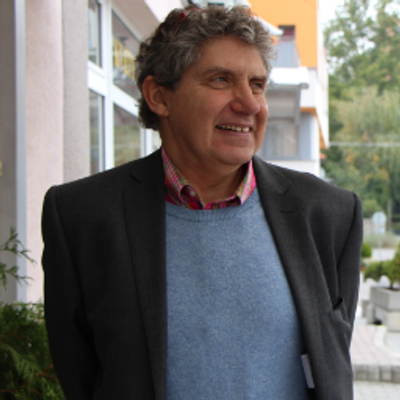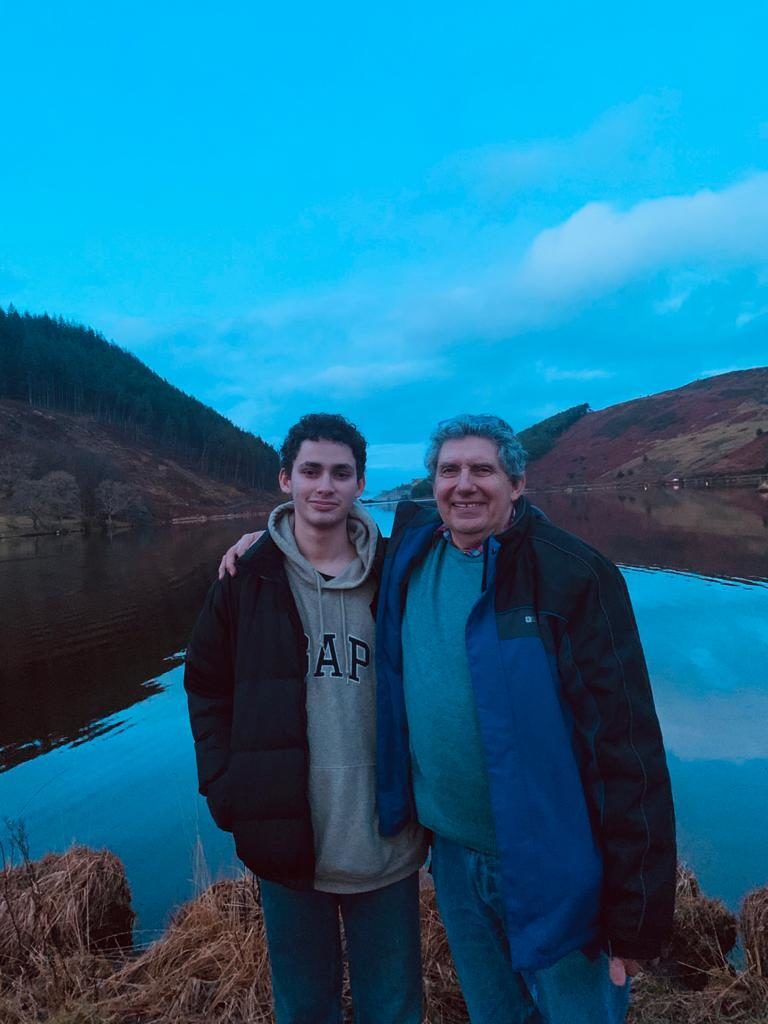Takeaway
Would you advise young people to become a doctor? Reflection from a father and son below.

Passion in the Medical Profession | January 7, 2020 | 3 min read
By John Launer, MD, London, United Kingdom
Father and son Drs. John and David Launer reflect on careers in medicine.
John:
There were no doctors in my own family. For the first twenty years of my life, it never occurred to me that I might be one either. I did my first degree in English before deciding I wanted to be a psychiatrist and applying to medical school. After qualifying I realised the kind of mental health care I believed in was easier to offer in family medicine and so I ended up working as a GP for nearly thirty years: full-time for about half of my career, then part-time. I also trained as a family therapist, and have spent an increasing amount of time as an educator and writer, with a particular interest in how doctors need therapeutic skills as well as medical ones.
My route to fatherhood was also unconventional. I was nearly fifty when my wife Lee and I had twins, Ruth and David. I neither encouraged nor discouraged them to do medicine, so when David decided in his early teens that he wanted to be a doctor, it seemed in a strange way to have nothing to do with me. He was clear that he was going to be a very different kind of doctor, especially as he has far more aptitude for science. (“No offence dad,” he said once, “but how did you ever get into medical school?” “I faked it,” I replied. I’m not sure either of us was entirely joking!)
Was I still a role model for him? Now he is studying medicine at Oxford, and I think he should answer for himself.
David:
I don’t think there was a specific conversation or event which pushed me towards a medical career. Rather, my own aspiration emerged as the sum of many interactions over quite a few years. If any part of my interest in medicine is hereditary, it’s this: my childhood was punctuated with friendly-seeming, and later absorbing and impressive, medical characters. “Inspirational” is quite a strong word for what was not a conscious process, but these doctors were certainly great clinicians within a huge breadth of fields. If I did want a lifestyle similar to these individuals, not least of all my own parent, medicine felt like the natural option. When my own aspirations did become more deliberate, some of the more tangible reasons for wanting to become a clinician became clearer in my head.
I imagine this is quite a typical path for “medical children” like myself, although such narratives don’t lend themselves well to diversifying medicine as a field. It doesn’t feel as if those tangible reasons for becoming a doctor (Satisfaction? Benevolence? Interesting?) are enough on their own, but instead require role models to colour them. Certainly, this is much easier if the role model is your own parent and their friends and colleagues, quite literally from birth. That thinking informs the advice that I give now in turn when asked about the question of medical school.
John’s two tips for how physician/parents could respond to questions from kids/young people about pursuing a career in medicine:
1) Be realistic about the challenges, compared with many other professions (competition to enter, heavy workload, length of time to attain seniority).
2) Make it clear you’ll be just as happy and proud if they choose another career!
David’s two tips for young people interested in medicine:
1) Meet, interact, and surround yourself with medical professionals, to see if they can add colour to your own medical ambitions.
2) Ask clinicians for their own stories about where they trained, what their experiences were like, and how they got where they are now.

David and John Launer in North Wales. Photo by the authors.

